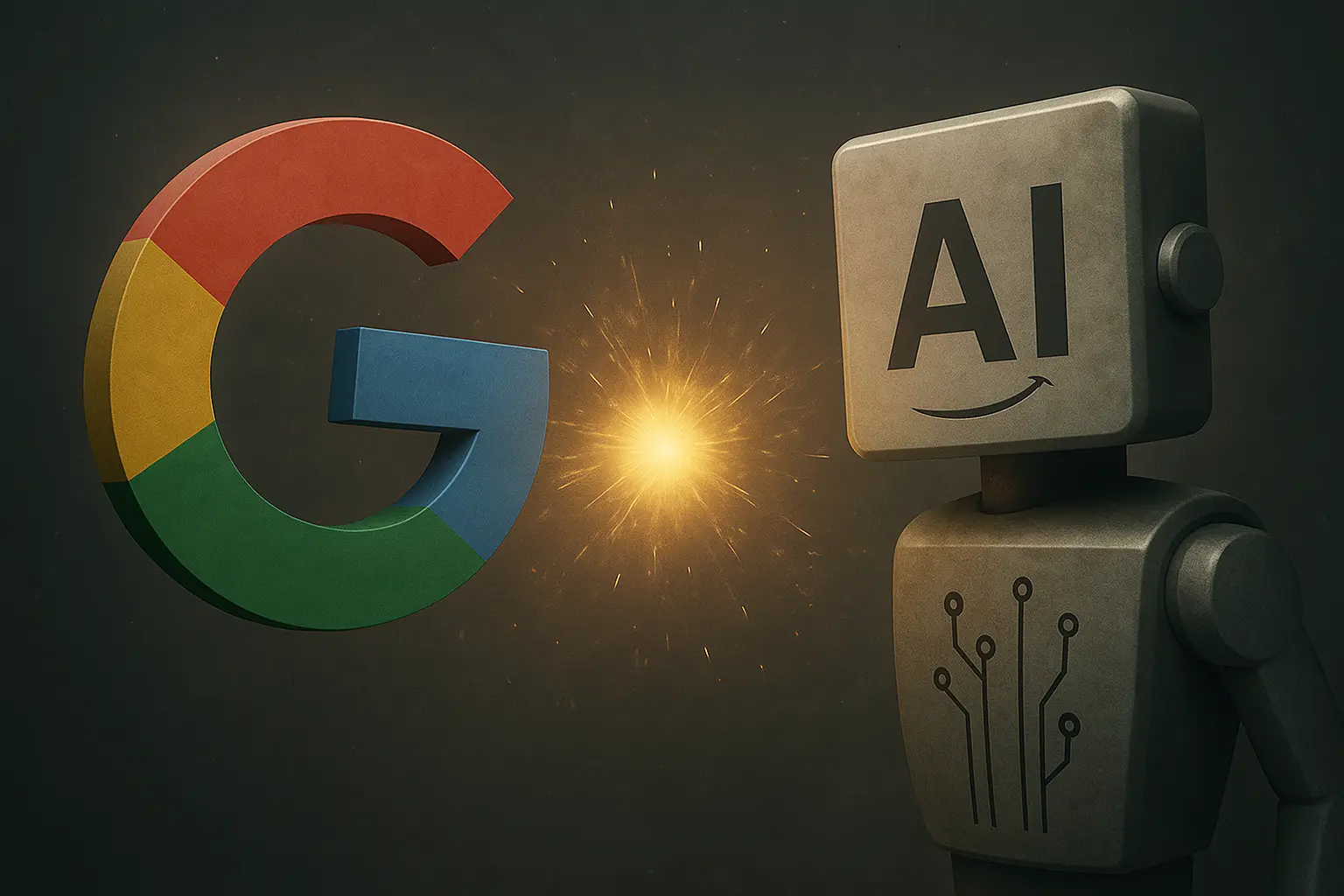


In the early 2000s, Google became the dominant search engine thanks to its innovative PageRank algorithm, which evaluated the importance of web pages by the number and quality of external links. By 2024, Google controlled more than 90% of the U.S. search engine market, highlighting its enormous influence on the digital landscape.
However, with the rise of artificial intelligence and the appearance of tools such as OpenAI’s ChatGPT, the situation has begun to change. Users are increasingly turning to AI models to get instant, accurate, and contextually relevant answers.
What is happening now?
As of mid-2024, Google’s market share in the U.S. search engine market is about 91%, but interest in AI tools is growing exponentially. Many users value the ability to receive not just links to resources but full-fledged answers, personalized recommendations, and even creative solutions.
Future prospects
Experts agree that in the coming years, artificial intelligence may significantly reshape the search technology landscape. Google is already integrating AI into its services, but competition with independent AI models is only intensifying. As a result, users may gain more flexible and personalized solutions, which could impact their search habits.
Sources:
- Kommersant on the 2024 search engine market
- How AI is reshaping search engines – Forbes Tech Council, 2024
- The Verge on AI’s impact on Google






